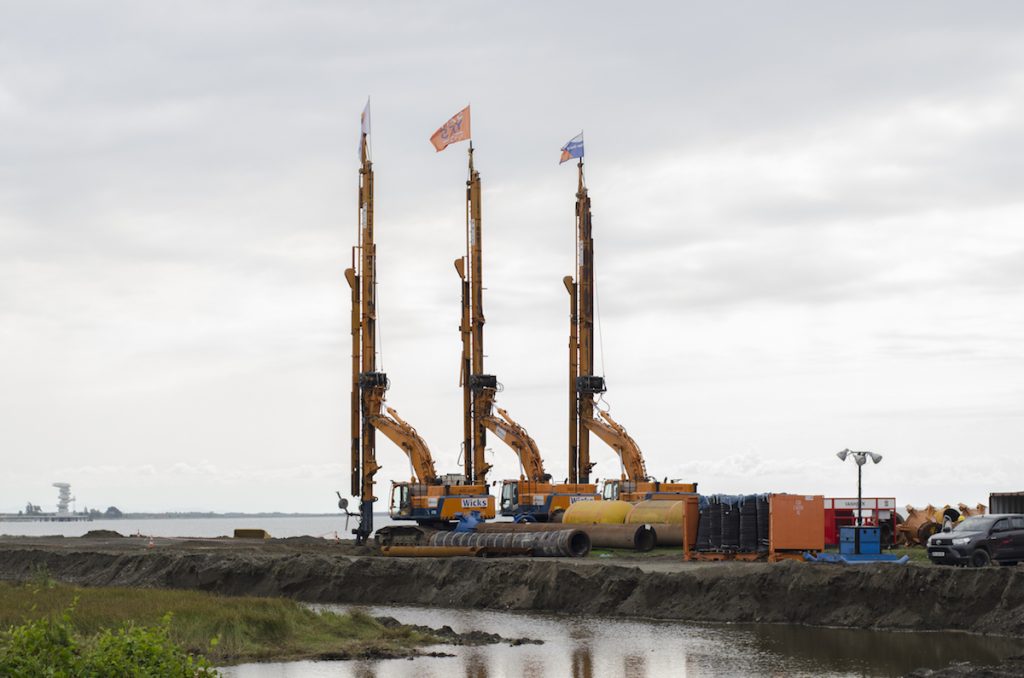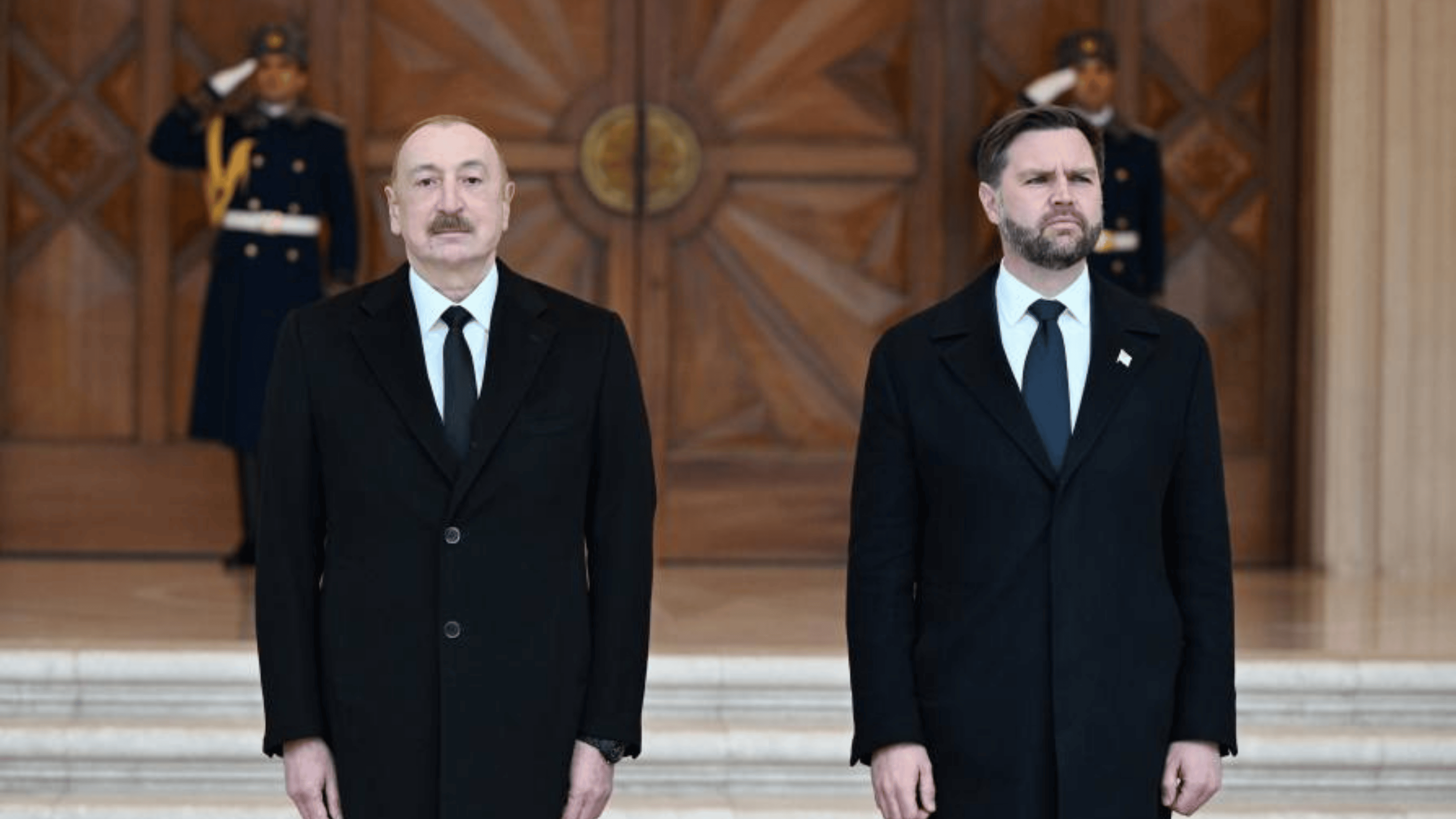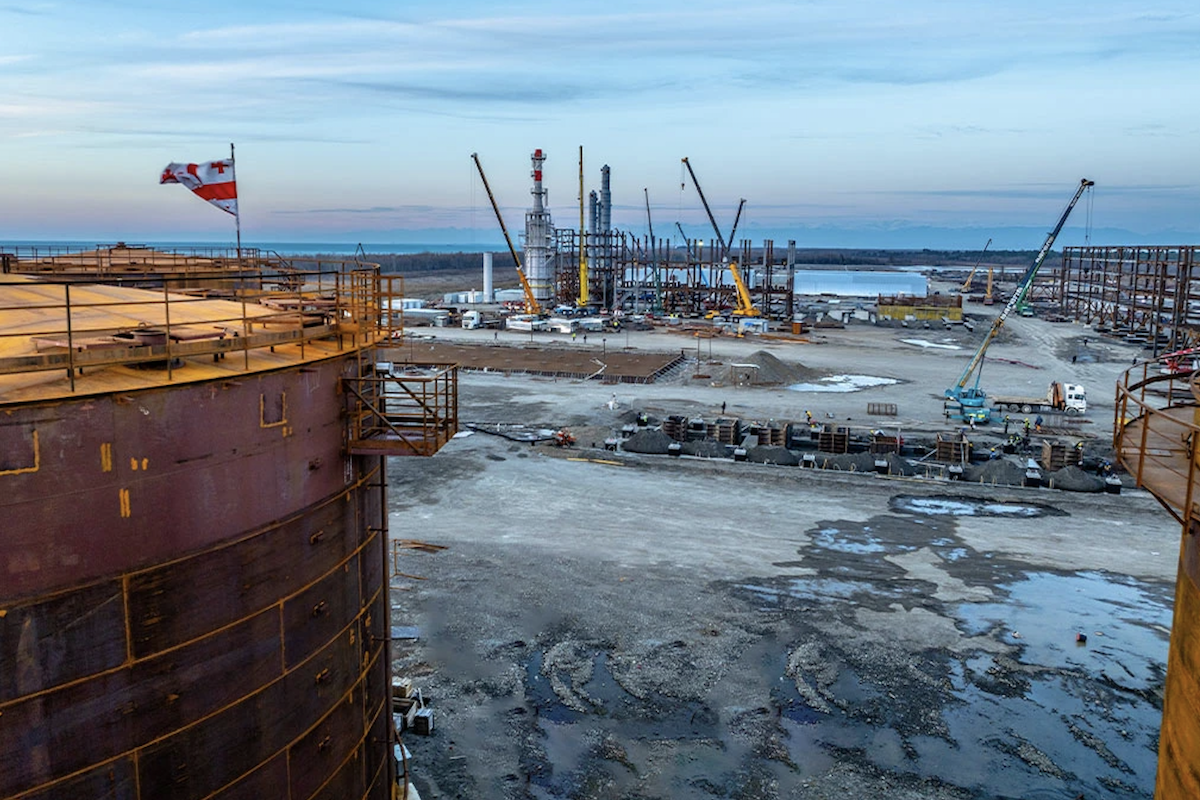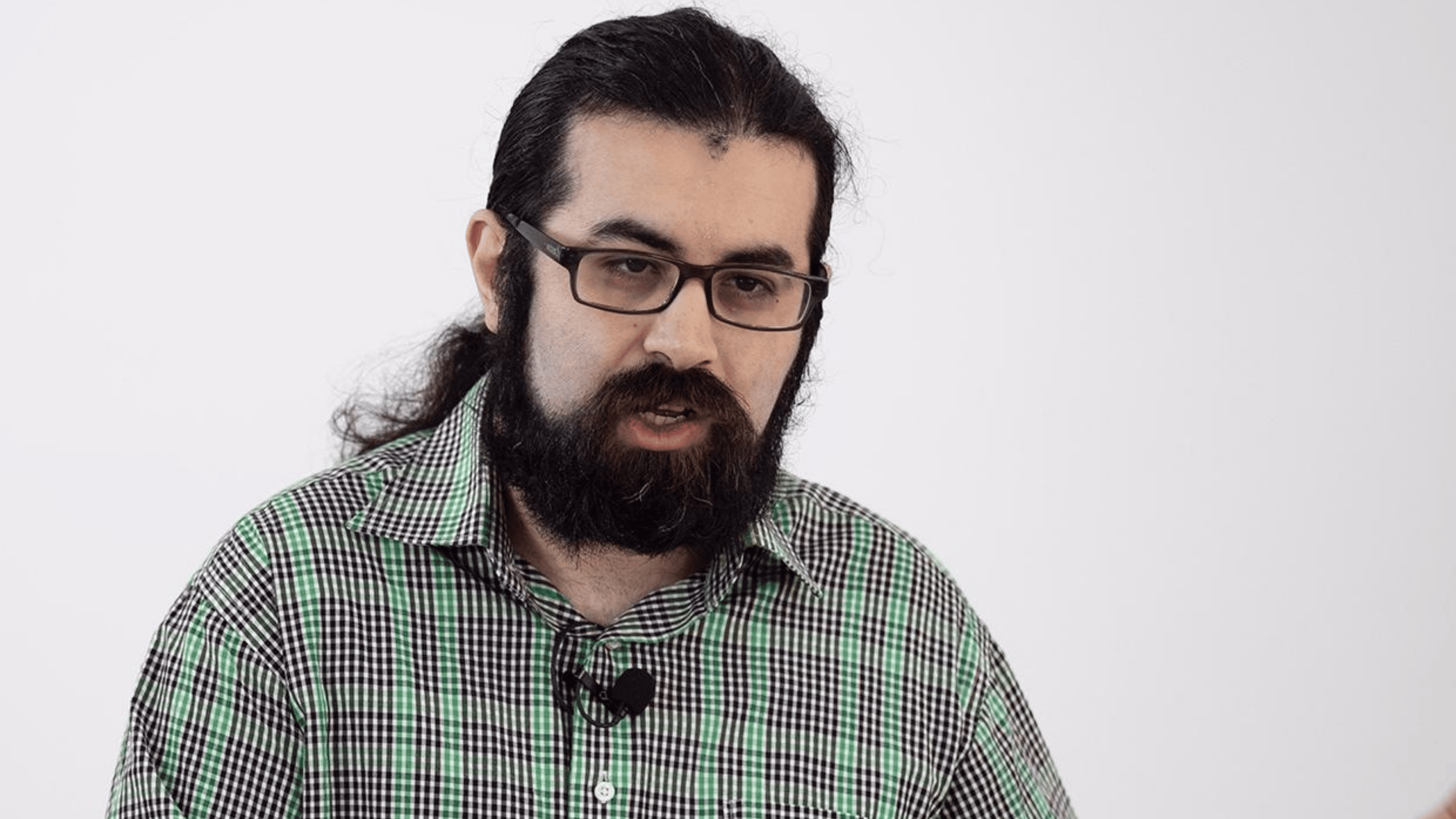What Moldova voted for: 5 takeaways from the parliamentary elections
Elections in Moldova
Based on a NewsMaker.md article
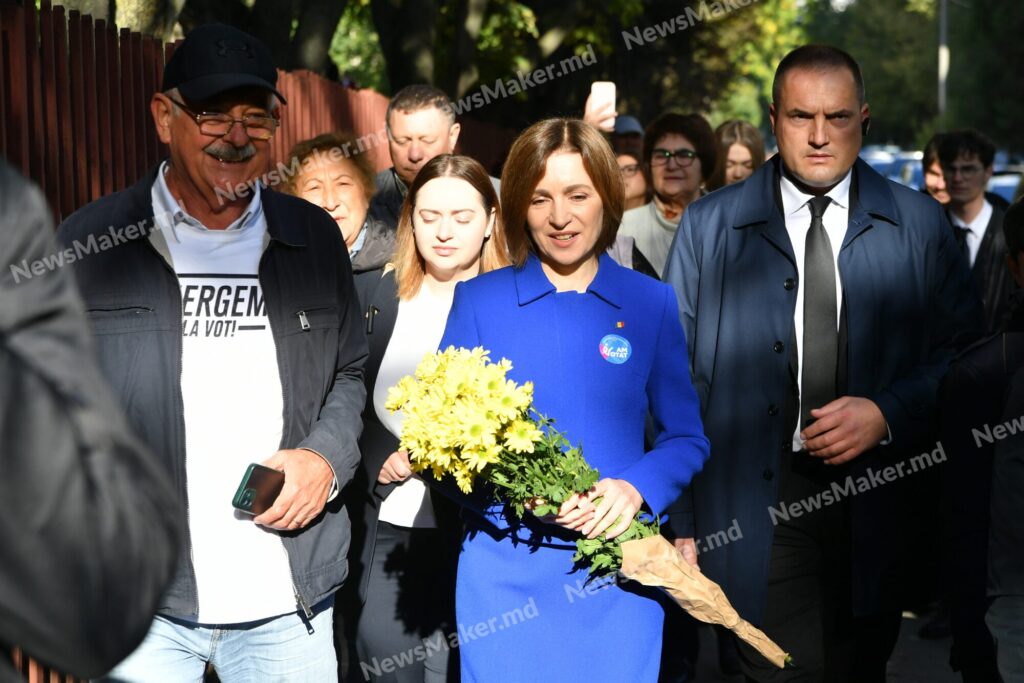
Moldova wraps up vote count in 2025 parliamentary elections. The results are still preliminary, but one thing is clear: the ruling Party of Action and Solidarity (PAS) is winning around 50% of the vote and keeps its solid majority. In total, five political forces enter parliament: alongside PAS are the Patriotic Bloc (26 seats), the Alternative bloc (8 seats), Our Party, and the Democracy at Home party of Vasile Costiuc (6 seats each). And some takeaways are already obvious. NewsMaker looks at the lessons and scenarios that can be drawn right now.
Takeaway 1. Moldova moves further towards the EU
The main intrigue of the campaign was PAS’s result. Would the ruling party keep its majority or be forced into a coalition? Polls had predicted everything from a comfortable win to a slide into opposition.
In the end, PAS has retained power. Despite losing some seats — it held 63 in the outgoing parliament — it can still form a government on its own. Early projections suggest PAS will secure a stable majority of about 55 seats. As in previous elections, the diaspora played a crucial role: without votes from abroad, the ruling party might have fallen short of an outright majority.
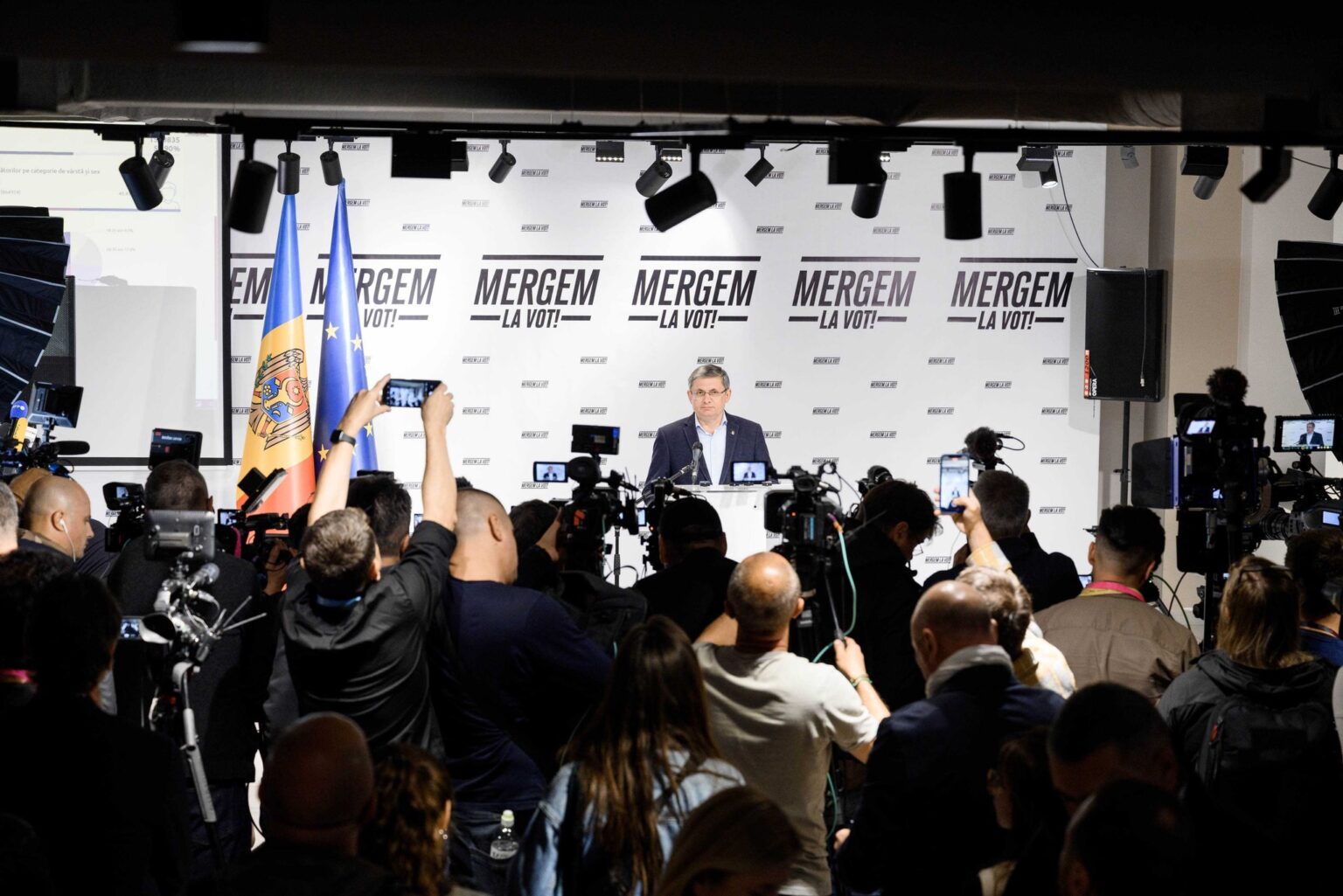
So, PAS — whose de facto leader and driving force remains president Maia Sandu — has kept full control of power in Moldova.
Former Moldovan envoy to the UN and the Council of Europe, political commentator Alexei Tulbure, noted that PAS managed to mobilise its base to the maximum while also attracting undecided voters.
“The alarmist tactics worked. Overall, voters repeated the same behaviour they showed in last year’s presidential election. Moldova is moving further towards the EU,” he said.
The party’s central campaign promise was to secure Moldova’s accession to the EU by 2028.
Takeaway 2. TikTok (and Shor?) shaped the election
The biggest surprise of the vote was the result of Vasile Costiuc’s Democracy at Home party. Polls had put his party at no more than 2–3%, yet it crossed the 5% threshold and entered parliament.
Who is Costiuc? Democracy at Home is a unionist party backed by Romanian sovereigntists from AUR. Costiuc is close to AUR leader George Simion and openly supported him in Romania’s presidential race earlier this year. He later joined Simion on a trip to the United States, where they met members of Donald Trump’s administration. Support from some unionists, sovereigntists, and PAS’s disillusioned undecided voters may have been one reason for the party’s success.
Like AUR, Costiuc bet on TikTok. The platform proved unexpectedly effective in both Moldova and Romania. In 2024, it propelled Romanian candidate Călin Georgescu into the spotlight, and this year it boosted Costiuc. In fact, he has long been running livestreams on the platform, discussing the country’s problems, building a loyal audience, and drawing tens or even hundreds of thousands of views.
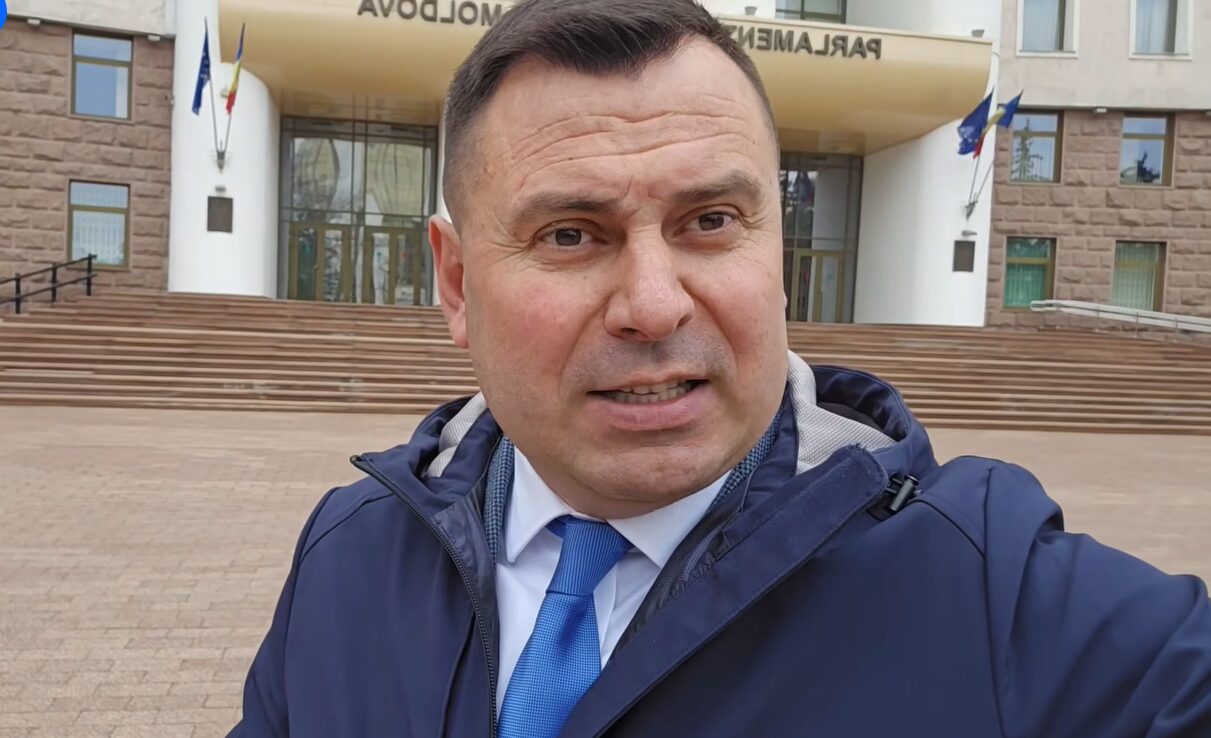
But social media alone might not have been enough to propel Costiuc into parliament. According to Alexei Tulbure, the so-called “Shor network” — or at least parts of it — may have backed him. No openly Shor-linked projects remained in the race, though Victoria Furtună, leader of the Greater Moldova party, was accused of ties to the fugitive oligarch. Yet on election day, her party was struck from the ballot. Against this backdrop, the sovereigntist party — which also has its own loyal grassroots base — could have become an alternative option.
Takeaway 3. The centre collapses
Preliminary results put the Alternative bloc in third place. In this campaign, PAS and the pro-Russian Patriotic Bloc banked on polarisation and mobilised their core voters, while Alternative’s bet on the centrist niche failed to deliver — or at least fell short of expectations.
“People expected more from Alternative,” said political scientist Angela Colăţchi.
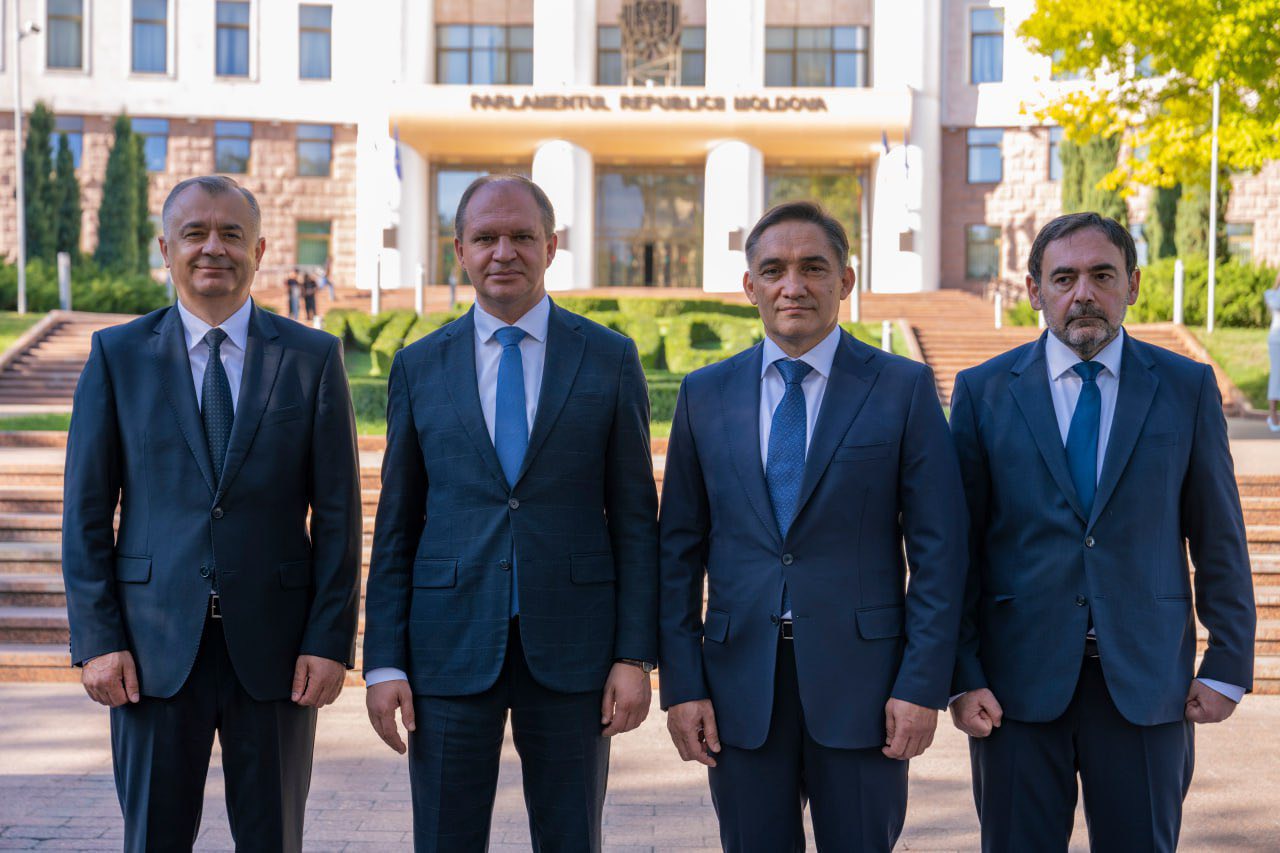
The bloc won just over 8% and entered parliament, but it failed to take the lead either in Chișinău, where mayor Ion Ceban is usually popular, or in Gagauzia, where Alexandr Stoianoglo had previously enjoyed strong support. In both regions, Alternative finished second.
According to Colăţchi, the result of Ceban’s MAN party would have been stronger had he not created the bloc:
“These clusters dragged Ceban down.”
Takeaway 4. No pro-European alternative
No clearly pro-European party apart from PAS managed to cross the threshold — or even come close.
PSDE, CUB, LOC, ALDE and Respect Moldova all polled under 1%. The Together bloc, which presented itself as an alternative to PAS, won fewer votes than some independents — including Andrei Năstase and even Olesea Stamate, who only recently launched her political career.
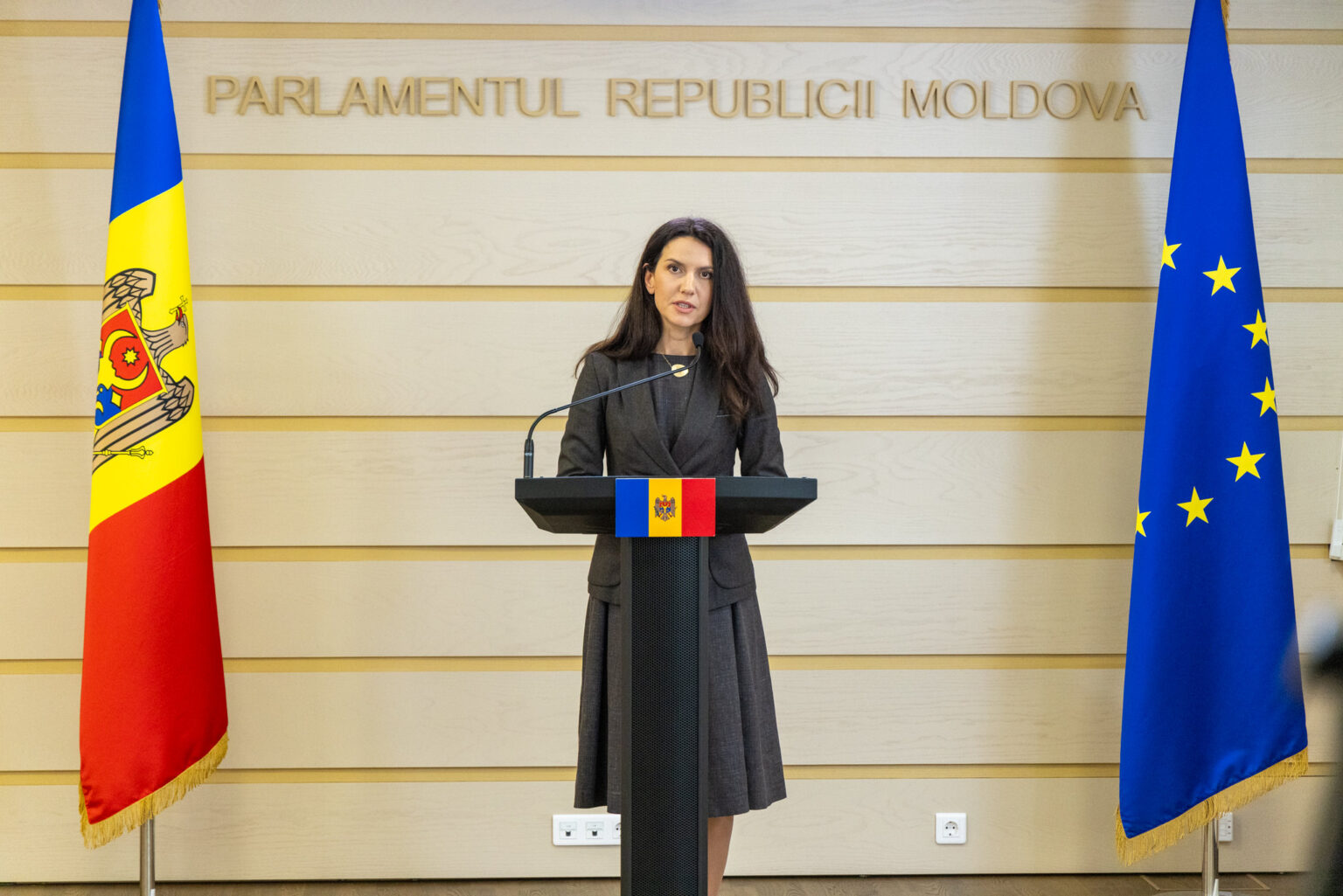
The pro-European flank has been left entirely to PAS.
“Voters opted for the ‘rational choice’ — backing a party with a real chance of entering parliament, on the principle that you don’t change horses midstream. One could talk about a broad pro-European front, but so far neither PAS nor the other parties have learned how to work together,” noted Angela Colăţchi.
Takeaway 5. Usatîi pulls it off
Renato Usatîi’s Our Party has also entered parliament, achieving something it had failed to do for more than a decade — crossing the electoral threshold.
In 2014, the party was on track to become a major faction, but just three days before the vote it was struck from the race. A court later ruled that decision unlawful. At the following elections, Our Party again fell short of the threshold and lost ground, although Usatîi himself remained a visible figure in politics.
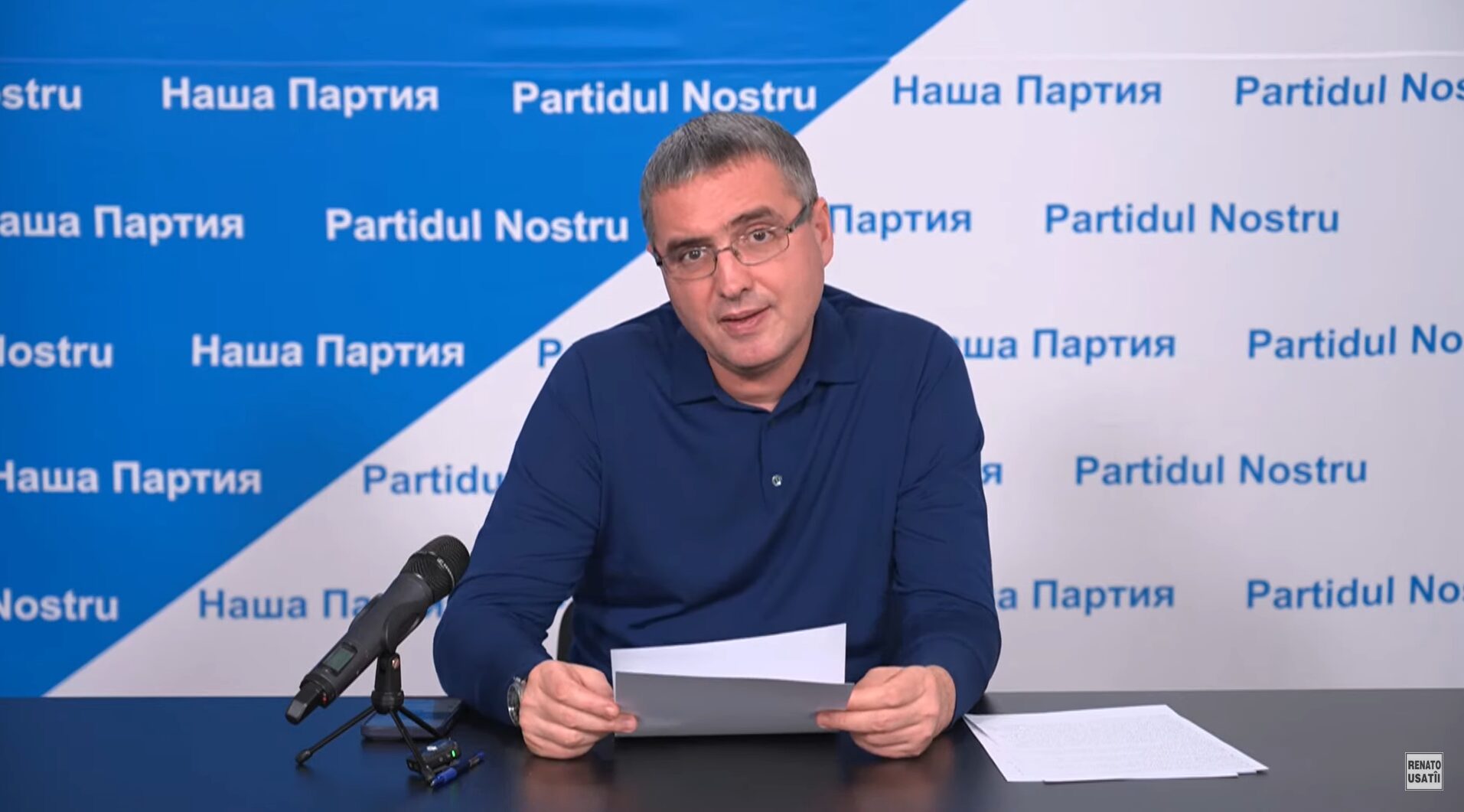
Now, 11 years later, the party has finally made it into parliament. Still, looking at the preliminary results, Usatîi admitted he had expected a better outcome.
“But for Usatîi this is, of course, a victory. Had they once again failed to cross the threshold, it would have been a serious setback,” Colăţchi noted.
That said, Usatîi will not hold a “golden vote” — the ruling party has a majority without him. Perhaps that is for the best: political alliances have always come at a high price for the Our Party leader, and now he has the chance to remain outside coalitions and play his own game.
Elections in Moldova















